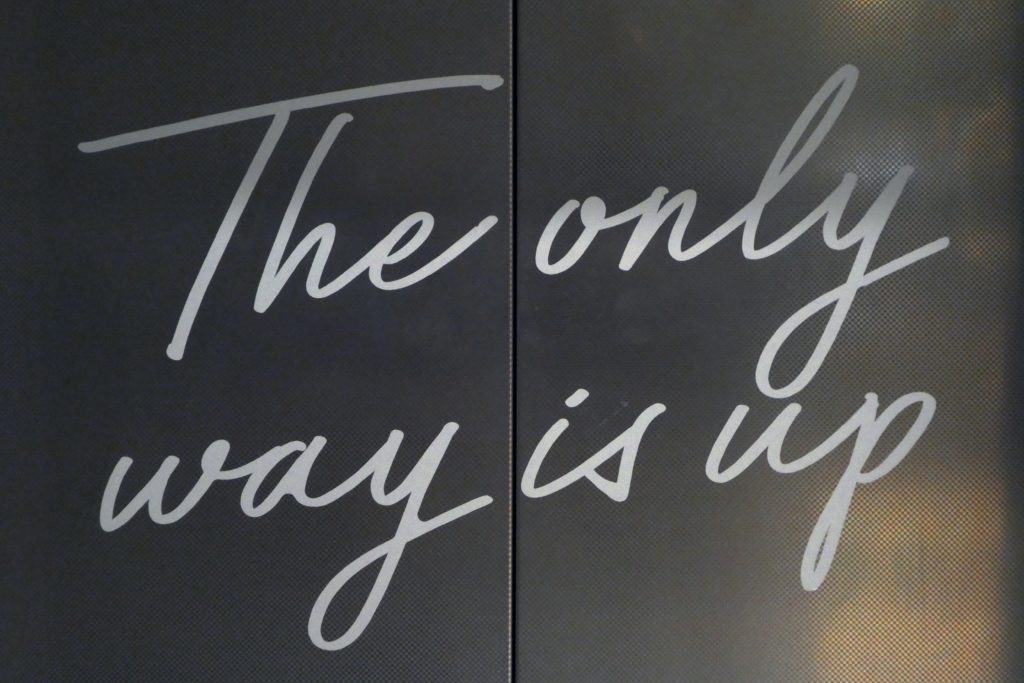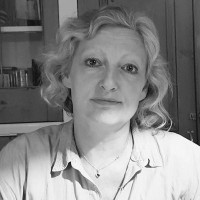Starting therapy can be difficult at the best of times, and nowadays there are more options than ever. Therapist Karin Blak, author of a new companion guide to all types of talking therapy, explains the things you should consider when choosing the right therapy for you
by Karin Blak

Do you find it confusing when looking for a therapist, or when deciding which kind of therapy might be right for you and your unique needs? With over 400 different therapies in existence and further ideas and approaches constantly developing, it is a very exciting time if you are a therapist. But this number of therapies is making the process of finding the right one for us complicated, and even overwhelming. We could do with a strategy that makes it easier to decide when starting therapy.
To make an informed decision and get the best out of our financial and emotional investment, we need a little knowledge about therapy first.
While our 50-minute session undoubtedly forms the basis for the change we seek, what we do between sessions will affect the outcome as much as the conversations we have with our therapist during sessions.
Engaging with therapy is similar to the learning journey: we all have preferred ways of absorbing information or developing our self-awareness. Knowing this will help us to decide on a therapeutic approach and so be able to engage with the journey the best we can.
Although therapists are trained in both a theory and an approach, it is the approach that for us is most important to consider.
Ways to Engage with Therapy
There are broadly five different approaches to therapy that therapists are trained in:
Homework
Some therapies rely on us to do specific work in between sessions, also called homework. This means we agree a piece of work with a specific aim and our therapist will provide us with instructions and help us to figure out how best to achieve our aim. We know exactly what is expected of us and why. The type of homework could be keeping a diary of thoughts and emotions or behaviours, or consciously making specific changes to our life. During the next session we will bring our achievements and explore the details.
For this approach to be effective, we need to commit to doing what we agree to do. If we don’t like homework, this is not the best option for us.
Contemplation
If we prefer to talk and think about our issues, contemplation is probably the best approach for us. With this approach we will talk with our therapist, exploring details of our thoughts, emotions and behaviours, and as a result we will be contemplating our conversations in between sessions. No one will be telling us what to think about, that bit often comes naturally as our brain brings to our attention aspects of our therapeutic conversation that specifically resonates with us. Our therapist will help us to manage this process. We will bring our experiences and thoughts to the following session for development and exploration.
If we like to let our thoughts do the work for us or if we prefer to think things out, or perhaps we would like to learn these skills, contemplation is the best approach for us.
Flexibility
Working with a flexible approach we use contemplation and homework together. As a therapist, this is the approach I prefer when working with my clients. I see the best results when clients have the option of two different ways of working with their issues. However, it is always up to my client if they want homework or not, it is never a condition of therapy.
The option of homework could be to write a diary or make notes when specific thoughts appear, even doing something differently and noticing what happens. These are tools to enhance the effect of therapy, though talking and contemplation will always be a part of the flexible approach.
If we like the idea of being able to do homework if we feel like it, but we mainly learn from talking and contemplation, then a flexible approach is best for us.
Creative
Creative therapy includes art and drama or even writing. This specific way of working is guided by a specially trained art or drama therapists who are themselves likely to have an additional qualification in their specific area within the arts.
An art or drama therapist uses their creative skills as the tool to guide us to express our thoughts and emotions using their chosen medium. The good thing about these types of therapies is that we don’t need to know anything about painting, acting or writing to benefit from them, we are not expected to create masterpieces or become a famous actor. The aim of this therapy is for us to express our thoughts and emotions through our creative therapeutic experience, and as a result, develop our self-awareness and discover the journey we are on.
The creative approach could possibly be good for all of us, though specifically good for those of us who find it very difficult to express our emotions and thoughts using the spoken word.
Emotions
It may be that we would rather not have to contemplate, that we would like to work directly with our emotions. While all therapies work with our emotions, this approach encourages us to connect with our true feelings and teaches us to notice, accept and safely express what is going on for us. This is a brilliant approach for discovering our inner landscape and for building enjoyable connections with others, our partner for example. The emotional approach is also good if we find it difficult or scary to recognise our emotions as it gently leads us to accept and integrate these into our daily lives.
If we can decide on which one of these five approaches best suit us, we can talk about this with our chosen therapist when we first make contact, making sure their approach is one we can engage with and so benefit from the most. Deciding on the approach that is best for us will influence the success of therapy and help us take the first step to finding the best possible therapist for us and our issues.
 About the author:
About the author:
Karin Blak is a therapist with certifications in relationship counselling, family therapy, and a post-graduate diploma in psychosexual and relationship therapy. She is the 2019 winner of the East Midlands SME Most Dedicated Relationship Therapist award. She has worked at GP surgeries, inpatient units, Sure Start Centres, Relate and in private practice. She has spoken on BBC Radio and blogs on Medium about relationship and self-development issues.

 About the author:
About the author:

